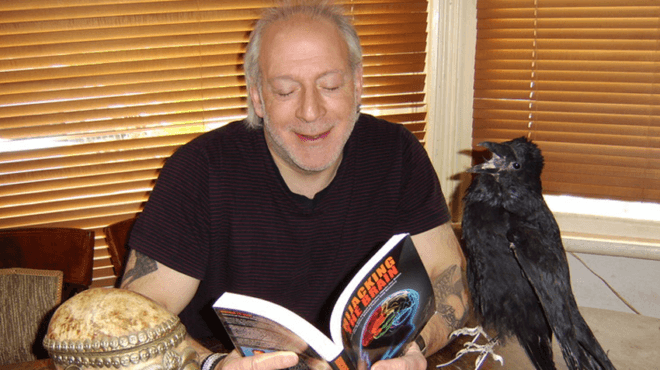Addiction and insanity, ‘spirituality’ and neuroscience
13th March 2018 · 7:30pm - 9:00pm
In person | Virtual event

The processes of addiction and recovery can be very hard to understand from the perspectives of common-sense, clinic and theory. But today, ideas from Alcoholics Anonymous, psychology and neuroscience fit neatly together to form a coherent explanation of these perplexing phenomena.
The fact is that most alcoholics, for reasons yet obscure, have “lost the power of choice in drink” (Alcoholics Anonymous 24). I will explain how an addict’s power of choice is lost. An addict’s choice-making apparatus is severely impaired so that their urges to use can easily overcome and even obliterate their will to abstain. At times, addicts’ choices can be insane. Alcoholics Anonymous offers a conception of addiction as involving a ‘physical allergy’ and a ‘mental obsession.’ I will argue that this conception is correct and vindicated by contemporary neuroscience.
AA’s Twelve-Step recovery program is framed in terms of attaining ‘spiritual experiences,’ described as “huge emotional displacements and rearrangements. Ideas emotions and attitudes which were once the guiding forces of the lives of these men are suddenly cast to one side, and a completely new set of conceptions and motives begin to dominate them” (Alcoholics Anonymous 27). The changes in attitude fundamentally involve a shift away from egocentrism: “Selfishness – self-centeredness! That, we think, is the root of our problems” (Alcoholics Anonymous 62). I will discuss how the Twelve-Step program allows addicts to reset their guiding self-ideas, move away from egocentrism and alter their ways of dealing with internal and external reality so that they can manage the stresses of life. As a result of this, addicts lose the over-powering urges to use, their power of choice is restored and the problem of their addiction is solved. I will argue that Twelve-Step recovery also can be explained by neuroscience.
About the facilitator:
Professor Gabriel Segal is an academic philosopher, cognitive scientist and an author.
He has published extensively on philosophy of mind and psychology, and philosophy of language and linguistics. His work has appeared in academic journals, reviews, books and as individual papers. In September 2016, he co-edited Addiction and Choice: Rethinking the Relationship (ISBN 978-0198727224) with Nick Heather. The book was Highly Commended in the category of Public Health at the BMA Book Awards 2017.
Professor Segal appears as a regular panellist on the internet outreach project Askphilosophers.org, a question and answer website intended to spread the knowledge of the world’s philosophers.
—
Admission £7 (concs £4) All welcome. No need to book. CPD certificates are available.
Lecture enquiries: Gwyneth Evans-Patel email evans_patel@hotmail.co.uk